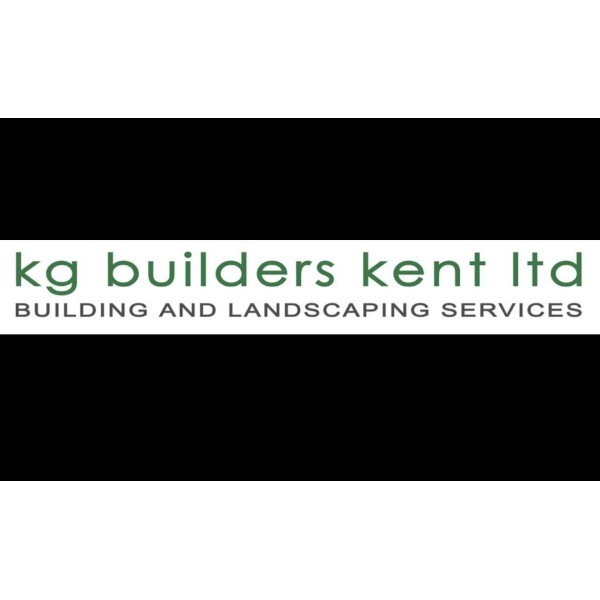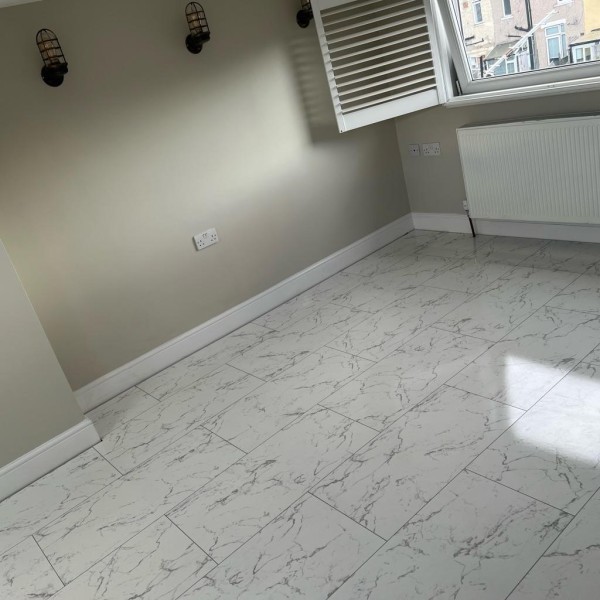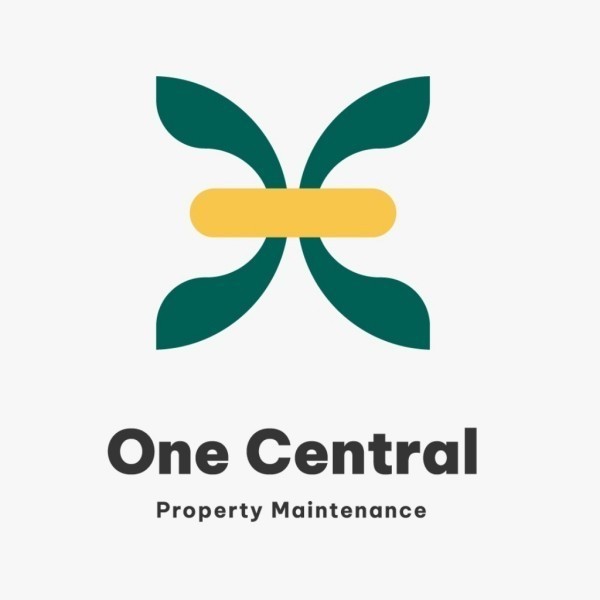Property Refurbishment in Tilbury
Filter your search
Post your job FREE and let trades come to you
Save time by filling out our simple job post form today and your job will be sent to trades in your area so you can sit back, relax and wait for available trades to contact you.
Post your job FREESearch Property Refurbishment in places nearby
- Property Refurbishment in Basildon
- Property Refurbishment in Billericay
- Property Refurbishment in Braintree
- Property Refurbishment in Brentwood
- Property Refurbishment in Brightlingsea
- Property Refurbishment in Burnham-On-Crouch
- Property Refurbishment in Canvey Island
- Property Refurbishment in Chelmsford
- Property Refurbishment in Chigwell
- Property Refurbishment in Chipping Ongar
- Property Refurbishment in Clacton-On-Sea
- Property Refurbishment in Colchester
- Property Refurbishment in Epping
- Property Refurbishment in Frinton-On-Sea
- Property Refurbishment in Grays
- Property Refurbishment in Great Dunmow
- Property Refurbishment in Halstead
- Property Refurbishment in Harlow
- Property Refurbishment in Harwich
- Property Refurbishment in Loughton
- Property Refurbishment in Maldon
- Property Refurbishment in Rayleigh
- Property Refurbishment in Saffron Walden
- Property Refurbishment in Southend-on-Sea
- Property Refurbishment in Stansted Mountfitchet
- Property Refurbishment in Waltham Abbey
- Property Refurbishment in Walton-On-The-Naze
- Property Refurbishment in West Mersea
- Property Refurbishment in Wickford
- Property Refurbishment in Witham
- Property Refurbishment in Wivenhoe
Understanding Property Refurbishment
Property refurbishment is a transformative process that involves renovating and updating a property to enhance its value, functionality, and aesthetic appeal. In Tilbury, a town known for its rich history and vibrant community, property refurbishment is a popular choice among homeowners and investors alike. Whether it's a quaint cottage or a modern apartment, refurbishment can breathe new life into any space.
Refurbishment projects can range from minor cosmetic changes to extensive structural alterations. They often include updating kitchens and bathrooms, improving energy efficiency, and enhancing the property's overall design. The goal is to create a space that meets the needs and preferences of its occupants while also increasing the property's market value.
The Importance of Property Refurbishment in Tilbury
Tilbury, located in Essex, is a town with a unique blend of historical charm and modern amenities. As the town continues to grow and develop, property refurbishment plays a crucial role in maintaining and enhancing its appeal. Refurbishing properties in Tilbury not only improves the living conditions for residents but also contributes to the town's overall economic growth.
Refurbishment projects can attract new residents and businesses to the area, boosting the local economy. Additionally, well-maintained properties can increase the town's attractiveness to tourists, further supporting economic development. By investing in property refurbishment, homeowners and investors can contribute to Tilbury's ongoing success and prosperity.
Planning Your Property Refurbishment Project
Before embarking on a property refurbishment project in Tilbury, it's essential to have a clear plan in place. This involves setting a budget, defining your goals, and understanding the scope of the work required. Proper planning ensures that the project runs smoothly and stays within budget, ultimately leading to a successful outcome.
Setting a Budget
One of the first steps in planning a refurbishment project is setting a realistic budget. This involves assessing your financial resources and determining how much you can afford to spend on the project. It's important to consider all potential costs, including materials, labour, and any unforeseen expenses that may arise during the refurbishment process.
Creating a detailed budget helps you prioritise the most important aspects of the project and allocate funds accordingly. It also provides a framework for making informed decisions throughout the refurbishment process, ensuring that you stay on track financially.
Defining Your Goals
Clearly defining your goals is another crucial aspect of planning a successful refurbishment project. Consider what you hope to achieve with the refurbishment, whether it's improving the property's functionality, enhancing its aesthetic appeal, or increasing its market value. Having a clear vision of your goals will guide your decision-making and help you stay focused throughout the project.
It's also important to consider the needs and preferences of the property's occupants. Whether you're refurbishing a home for your family or an investment property for potential tenants, understanding the needs of the end-users will ensure that the refurbishment meets their expectations and requirements.
Choosing the Right Professionals for Your Refurbishment
Hiring the right professionals is a critical component of a successful property refurbishment project. In Tilbury, there are numerous skilled tradespeople and contractors available to assist with various aspects of the refurbishment process. Choosing the right team can make all the difference in achieving your desired outcome.
Finding Qualified Contractors
When selecting contractors for your refurbishment project, it's essential to do your research and choose qualified professionals with a proven track record. Look for contractors with experience in similar projects and check their references to ensure they have a history of delivering quality work.
It's also important to verify that the contractors you hire are licensed and insured. This provides peace of mind and protects you from potential liabilities in case of accidents or damages during the refurbishment process.
Collaborating with Designers and Architects
For more extensive refurbishment projects, collaborating with designers and architects can be beneficial. These professionals can help you create a cohesive design plan that aligns with your goals and enhances the property's overall appeal. They can also provide valuable insights and recommendations based on their expertise and experience.
Working with designers and architects ensures that the refurbishment project is well-planned and executed, resulting in a space that is both functional and aesthetically pleasing. Their input can also help you make informed decisions about materials, layouts, and design elements, ultimately leading to a successful refurbishment.
Key Considerations for Property Refurbishment in Tilbury
When undertaking a property refurbishment project in Tilbury, there are several key considerations to keep in mind. These factors can impact the success of the project and ensure that the refurbishment meets your goals and expectations.
Understanding Local Regulations
Before starting any refurbishment work, it's important to familiarise yourself with local regulations and building codes in Tilbury. These regulations can vary depending on the scope and nature of the project, and failing to comply with them can result in fines or delays.
Consulting with local authorities or a knowledgeable professional can help you navigate these regulations and ensure that your project is compliant. This step is crucial for avoiding potential legal issues and ensuring a smooth refurbishment process.
Considering Energy Efficiency
Incorporating energy-efficient features into your refurbishment project can provide numerous benefits, including reduced energy costs and a smaller environmental footprint. Consider upgrading insulation, installing energy-efficient windows, and using sustainable materials to enhance the property's energy efficiency.
These improvements not only contribute to a more comfortable living environment but also increase the property's appeal to potential buyers or tenants. Energy-efficient properties are often more attractive in the market, making them a wise investment for the future.
Maximising the Value of Your Refurbished Property
One of the primary goals of property refurbishment is to increase the property's value. By making strategic improvements and enhancements, you can maximise the return on your investment and ensure that the property appeals to potential buyers or tenants.
Enhancing Curb Appeal
Curb appeal plays a significant role in a property's overall value and attractiveness. Simple improvements such as landscaping, painting the exterior, and updating the front door can make a substantial difference in how the property is perceived.
Investing in curb appeal not only enhances the property's aesthetic appeal but also creates a positive first impression for potential buyers or tenants. This can lead to increased interest and a higher selling or rental price.
Updating Key Areas
Focusing on key areas such as the kitchen and bathroom can significantly impact the property's value. These spaces are often the most scrutinised by potential buyers or tenants, and updating them can provide a substantial return on investment.
Consider modernising fixtures, appliances, and finishes to create a contemporary and functional space. These updates can enhance the property's appeal and make it more competitive in the market.
Common Challenges in Property Refurbishment
While property refurbishment can be a rewarding endeavour, it also comes with its share of challenges. Being aware of these potential obstacles can help you prepare and navigate them effectively, ensuring a successful refurbishment project.
Managing Unexpected Costs
One of the most common challenges in refurbishment projects is managing unexpected costs. These can arise from unforeseen issues such as structural damage, outdated wiring, or plumbing problems. To mitigate this risk, it's important to set aside a contingency fund in your budget to cover any unexpected expenses.
Regular communication with your contractors and conducting thorough inspections before starting the project can also help identify potential issues early on, allowing you to address them proactively.
Staying on Schedule
Delays are another common challenge in refurbishment projects. Factors such as weather, material availability, and contractor schedules can impact the project's timeline. To minimise delays, it's important to have a detailed project plan and maintain open communication with your contractors.
Being flexible and prepared to adapt to changes can also help you stay on schedule and ensure that the project is completed on time.
Frequently Asked Questions
- What is property refurbishment? Property refurbishment involves renovating and updating a property to improve its value, functionality, and aesthetic appeal.
- Why is property refurbishment important in Tilbury? Refurbishment enhances living conditions, boosts the local economy, and increases the town's attractiveness to residents and tourists.
- How do I set a budget for a refurbishment project? Assess your financial resources, consider all potential costs, and create a detailed budget to prioritise and allocate funds effectively.
- What should I consider when choosing contractors? Look for qualified professionals with experience, check references, and ensure they are licensed and insured.
- How can I maximise the value of my refurbished property? Enhance curb appeal, update key areas like kitchens and bathrooms, and incorporate energy-efficient features.
- What are common challenges in refurbishment projects? Managing unexpected costs and staying on schedule are common challenges that can be addressed with proper planning and communication.
Property refurbishment in Tilbury offers an exciting opportunity to enhance the value and appeal of your property. By planning carefully, choosing the right professionals, and considering key factors, you can ensure a successful refurbishment project that meets your goals and contributes to the town's ongoing growth and development.



































